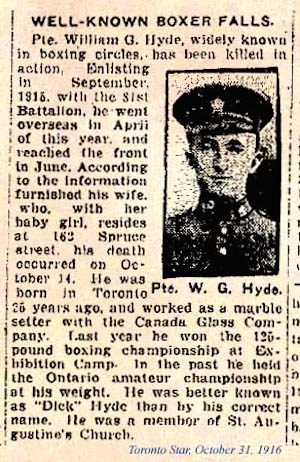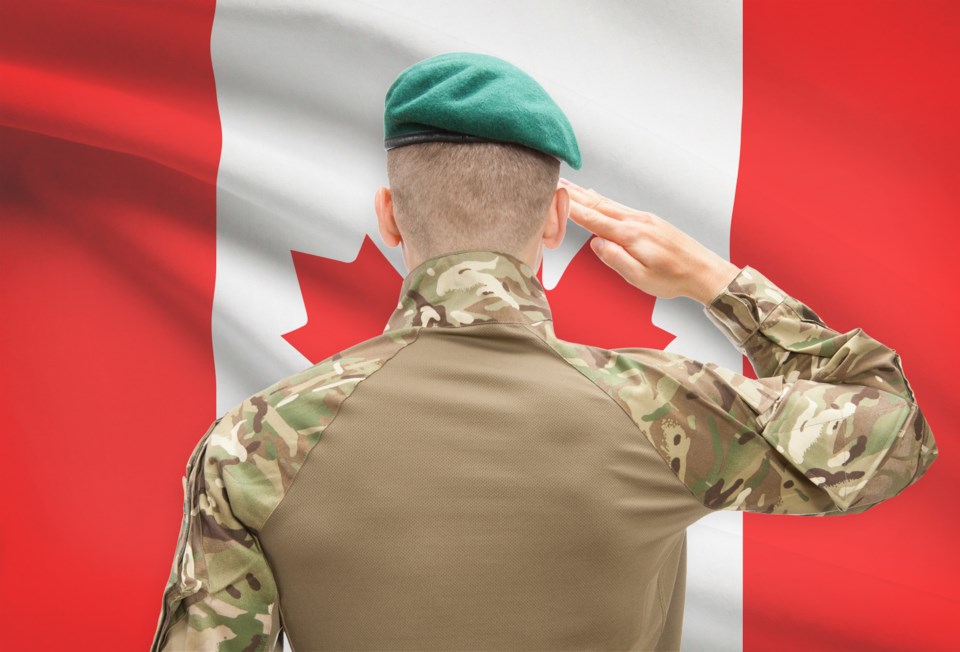War has been called politics by other means, in some circles, murder by other means in others.
Body, mind and spirit are rent with the sound and feel of guns, shells and bombs going off nearby. War’s dehumanizing nature, alas, makes its presence felt in officialdom, where presidents seek to comfort widows by insensitively telling them their partners knew what they were getting themselves in for – those same presidents then forgetting the names of the deceased.
In the 1980s, somewhere between the end of Vietnam and the start of Desert Storm, a song called War is Hell on the Home Front, Too became a hit on country music charts. But it was not a song.
And, with the national day of remembrance drawing near, comes the realization that no family is exempt, including the extended family of the author.
Either bowing to peer pressure, or out of a common need for camaraderie, my grandfather, Robert P. Frith, Jr., lied about his age to the recruitment officer in the summer of 1915 to enlist. Perhaps he was afraid of missing all the action, or intoxicated about the whole “King and Country” jive, or felt guilty about the need for more men to fight a war his king and his country said would be over by Christmas.
Or maybe he needed a buddy to go to war with, namely, his brother-in-law, William George Hyde, 25 years old, married, with a baby girl on the way, a good job at Canada Glass – seemingly, with everything to live for.
The two fought the battle of the Somme in the summer and fall of 1916. My grandfather sustained a bullet in the knee, perhaps ingested a small helping of poison gas, but somehow, escaped being killed.
 William George Hyde, the author's grand-uncle, who died at the Battle of the Somme. Image provided
William George Hyde, the author's grand-uncle, who died at the Battle of the Somme. Image providedHis brother-in-law did not. Private Hyde fell in October. Further research shows his mother, sick with grief at his fate, soon followed him. My grandfather’s mother likely also suffered many sleepless nights, worried that he’d come home. She developed kidney disease and passed away in June 1918, the same week he turned 20.
Hell on the home front, too.
Thought he lived 50 years more, Robert Frith did not emerge unscathed. He responded to the news that his eldest son was shot down over North Africa and taken prisoner by the Italians by marching down to the Italian-Canadian-owned butcher shop and announcing he was taking his business elsewhere (Uncle Bud, incidentally, escaped his POW camp and came home).
No sane person goes into an insane situation, and emerges completely sane.
So it is with war. It robs from families, tears at the fabric of communities.
Simply put, it screws things up.
Remember that about war, as we remember.



